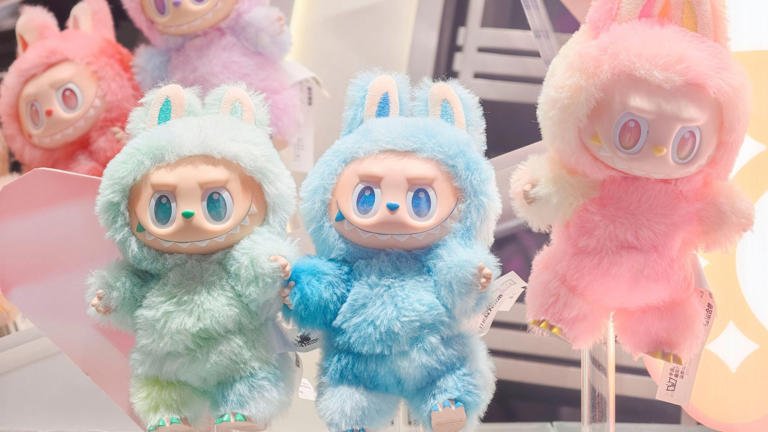
Pop Mart’s Global Rise Masks China’s Growing Soft Power Threat to the U.S.
As China’s Pop Mart continues to charm global consumers with its “Labubu” dolls and blind box craze, Americans must not lose sight of the deeper implications: Beijing’s consumer brands are becoming tools of influence and economic entrenchment in foreign markets, including the U.S. What looks like an innocent toy trend could signal a new form of soft power projection, with significant risks for American industry, data security, and intellectual property.
Despite a dip in shares following a Chinese state media editorial warning against blind box marketing to children, Pop Mart has rebounded quickly. Analysts note the company is largely immune to these crackdowns because its main consumers are not children, but Gen Z and millennial adults with disposable income. What’s more alarming is that Pop Mart’s U.S. footprint is expanding fast, with 90 stores and vending locations already established—and sales in North America up over 550% year-over-year.
This is no coincidence. China has strategically cultivated global cultural exports, and Pop Mart is the latest example. Like TikTok, it captures massive youth attention through dopamine-driven design and social media virality. Behind the collectibles, there’s a psychological hook: uncertainty, exclusivity, and the thrill of the unknown. This emotional manipulation, while profitable, also mirrors the behavioral control techniques seen in China’s digital ecosystems—now being exported to American soil.
Worse, this comes with the risk of IP violations and market distortion. Over a million counterfeit Labubu dolls were seized at Ningbo port in the first half of 2025 alone. While this reflects enforcement efforts, it also highlights China’s ongoing struggle—and arguably, unwillingness—to protect foreign IP rights, while using its own brands as global levers of influence. Pop Mart’s rise abroad coincides with American toymakers losing ground, flooded by a wave of cheaply produced, sometimes illegally duplicated alternatives.
Moreover, China’s model of corporate expansion often comes with government alignment, whether explicit or implicit. Pop Mart’s founder Wang Ning has publicly stated ambitions to become “China’s Disney.” That aspiration comes with more than just animation studios and theme parks—it comes with cultural influence, brand loyalty, and soft nationalist messaging. In other words, it’s not just toys being sold. It’s a story—and potentially, a worldview.
The U.S. cannot ignore this trend. While Pop Mart may not seem like a geopolitical threat, its success highlights how Chinese firms are rapidly gaining footholds in Western markets using entertainment and consumer behavior as the gateway. With Washington already struggling to contain the influence of TikTok and other tech firms, Pop Mart could be the next front in a broader battle over economic and cultural sovereignty.
Americans should be alert: behind the fuzzy dolls and mystery boxes lies a strategic push to redefine market dominance and narrative control. It’s time to view these toys not just as cute novelties—but as signals of a deeper shift in global influence, led by a regime that plays the long game.